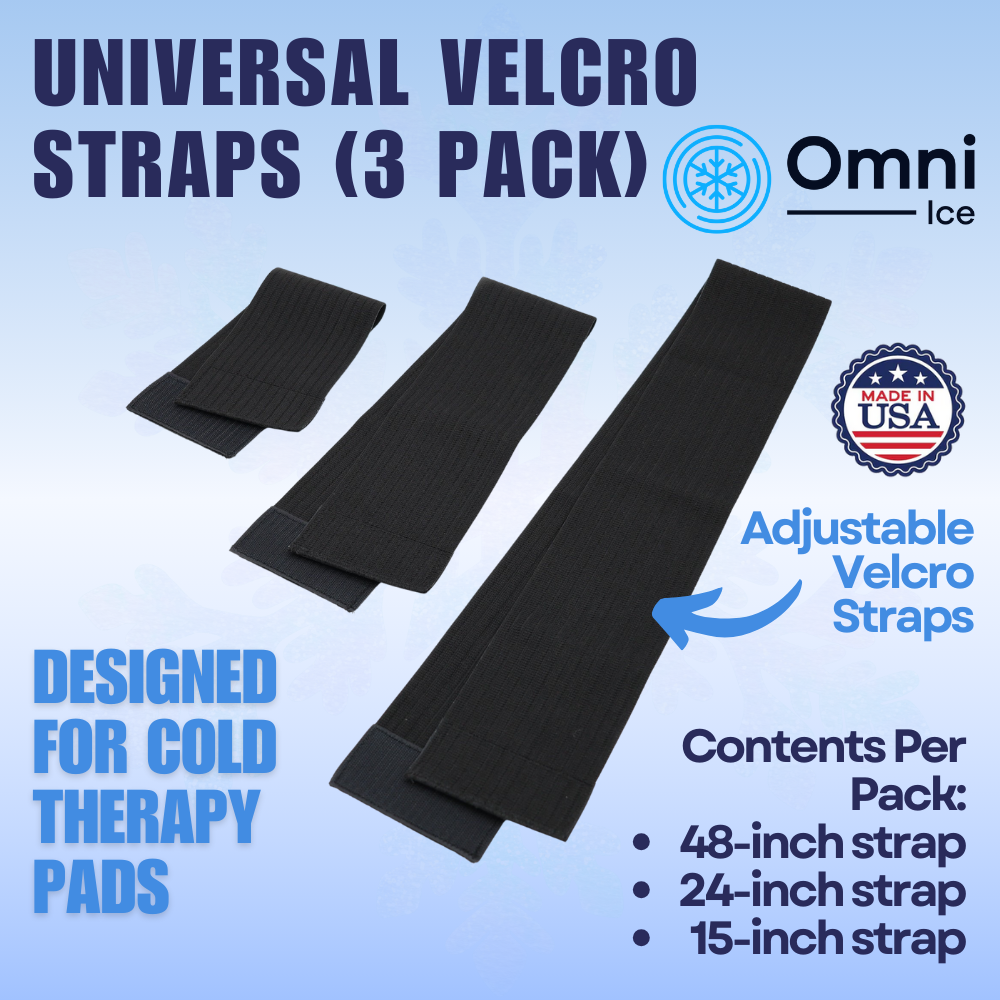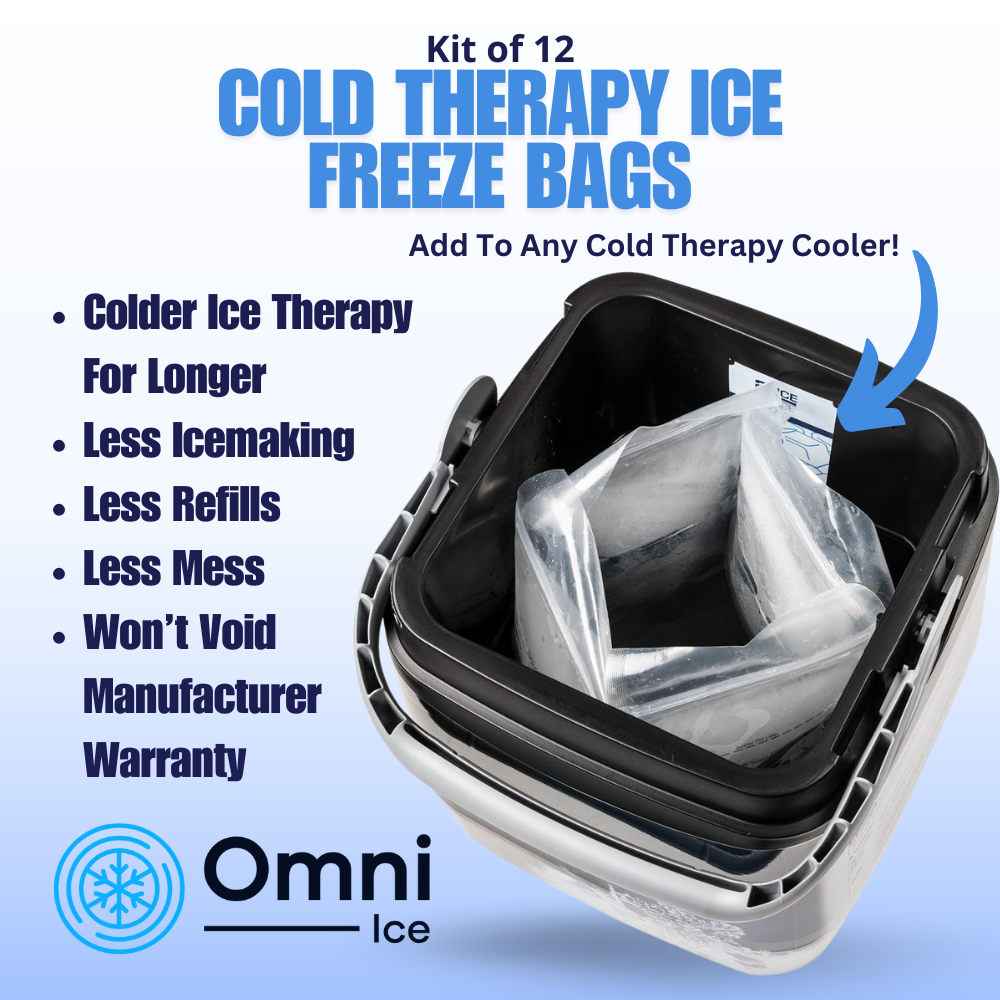Using Cold Therapy for Rehab from Golf Injuries

While golf is a relatively low-impact sport, players can still suffer from various injuries, often caused by overuse, improper technique, or accidents. Some common golf-related injuries include:
- Golfer's elbow (medial epicondylitis): This is a form of tendinitis that affects the tendons on the inner side of the elbow. It's caused by repetitive stress on the forearm muscles and tendons, usually from gripping the golf club too tightly or using improper swing technique.
- Back pain: Golfers frequently experience lower back pain due to the twisting and bending motions involved in the golf swing. Poor posture, muscle imbalances, or a weak core can exacerbate this issue.
- Rotator cuff injuries: The rotator cuff is a group of muscles and tendons in the shoulder that help stabilize the joint. Golfers can injure their rotator cuff through repetitive stress on the shoulder during the golf swing, especially if they have poor form or muscle imbalances.
- Wrist injuries: Golfers can experience wrist pain or injuries from overuse, improper grip, or impact with the ground during a swing. Tendinitis, sprains, and strains are common wrist injuries in golfers.
- Knee pain: The twisting motion of the golf swing can put stress on the knees, leading to pain or injury. Golfers with pre-existing knee issues or muscle imbalances may be more susceptible to knee pain.
- Hip injuries: Golfers can experience hip pain or injuries due to the repetitive twisting motion during the golf swing. This can lead to strains, tendinitis, or even hip labral tears in more severe cases.
- Ankle and foot injuries: Walking long distances on uneven terrain, especially while carrying a heavy golf bag, can cause stress on the ankles and feet. Golfers may experience sprains, strains, or stress fractures as a result.
- Sunburn and heat-related illnesses: Golfers often spend long hours outdoors, making them susceptible to sunburn, dehydration, and heat-related illnesses like heat exhaustion or heatstroke. Wearing sunscreen, drinking plenty of water, and taking breaks in the shade can help prevent these issues.
Cold therapy, also known as cryotherapy, can be beneficial for various injuries by reducing inflammation, numbing pain, and promoting healing. Some golf-related injuries that may respond well to cold therapy include:
- Golfer's elbow (medial epicondylitis): Applying cold therapy to the affected elbow can help reduce inflammation and alleviate pain.
- Wrist injuries: Cold therapy can be useful for managing pain and inflammation in wrist tendinitis, sprains, and strains.
- Knee pain: If the knee pain is due to inflammation or a minor strain, cold therapy may help reduce swelling and discomfort.
- Ankle and foot injuries: Sprains, strains, and minor stress fractures can benefit from cold therapy to decrease inflammation and numb the pain.
- Rotator cuff injuries: For mild to moderate rotator cuff injuries, cold therapy can help control inflammation and provide pain relief.
When using cold therapy, it's important to follow proper guidelines to avoid skin damage or frostbite. Apply the ice pack or cold therapy machine to the affected area for no more than 20 minutes at a time, and always use a barrier, such as a thin towel, between the cold source and your skin. Wait at least 1-2 hours between cold therapy sessions to allow the skin to return to normal temperature.
My Cold Therapy offers a huge selection of high-quality cold therapy devices and pads that are well-suited to treating the above injuries.
To minimize the risk of golf-related injuries, players should maintain proper form, warm up before playing, and incorporate strength training and flexibility exercises into their fitness routine. If pain or discomfort persists, it's essential to consult a healthcare professional for evaluation and treatment.
Keep in mind that cold therapy is not suitable for all injuries or situations. For instance, it may not be recommended for individuals with circulation problems or certain medical conditions. Always consult a healthcare professional for personalized advice on injury treatment and management.








